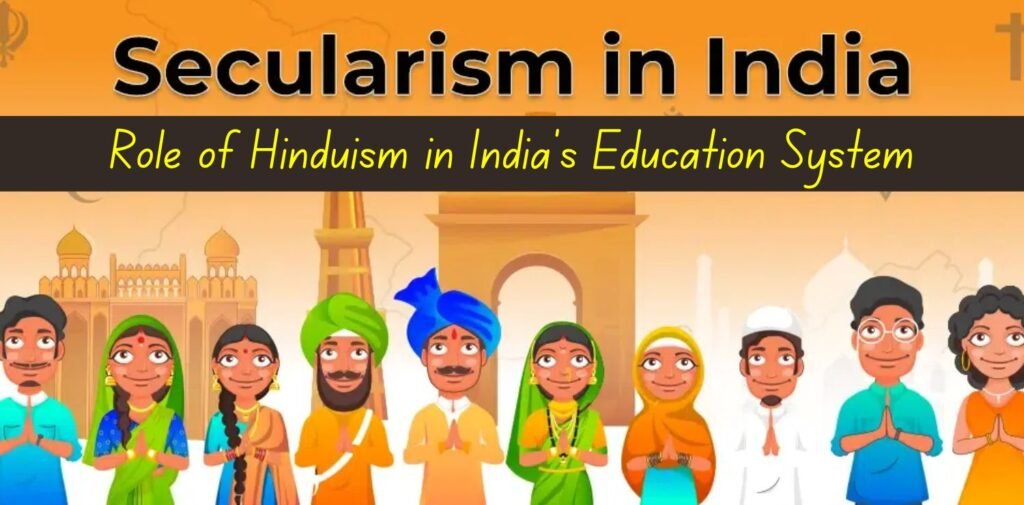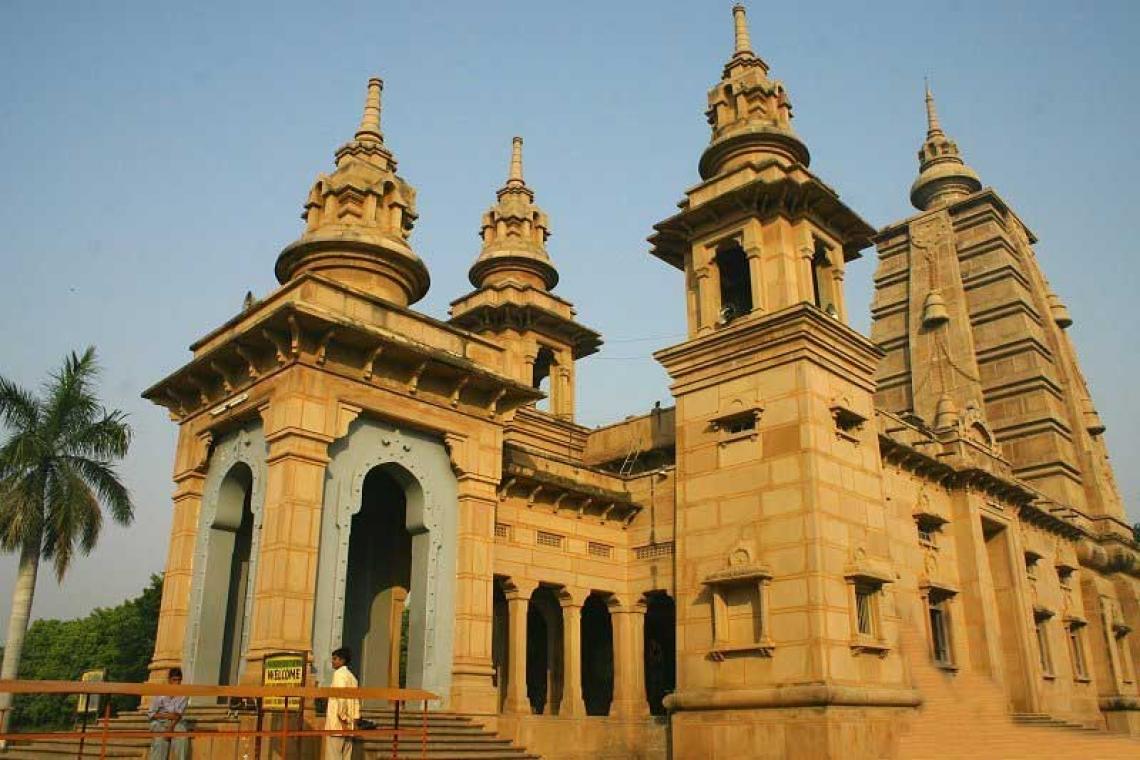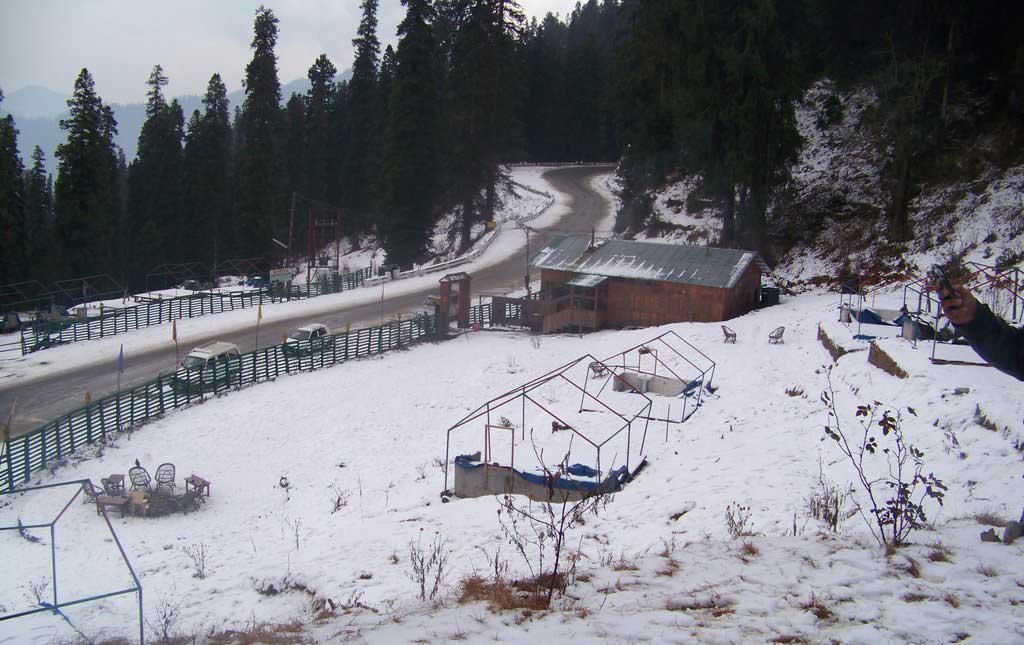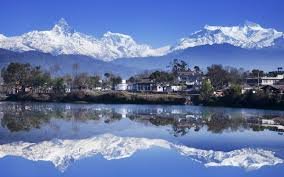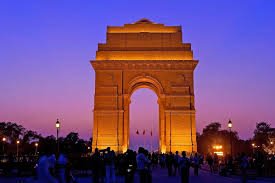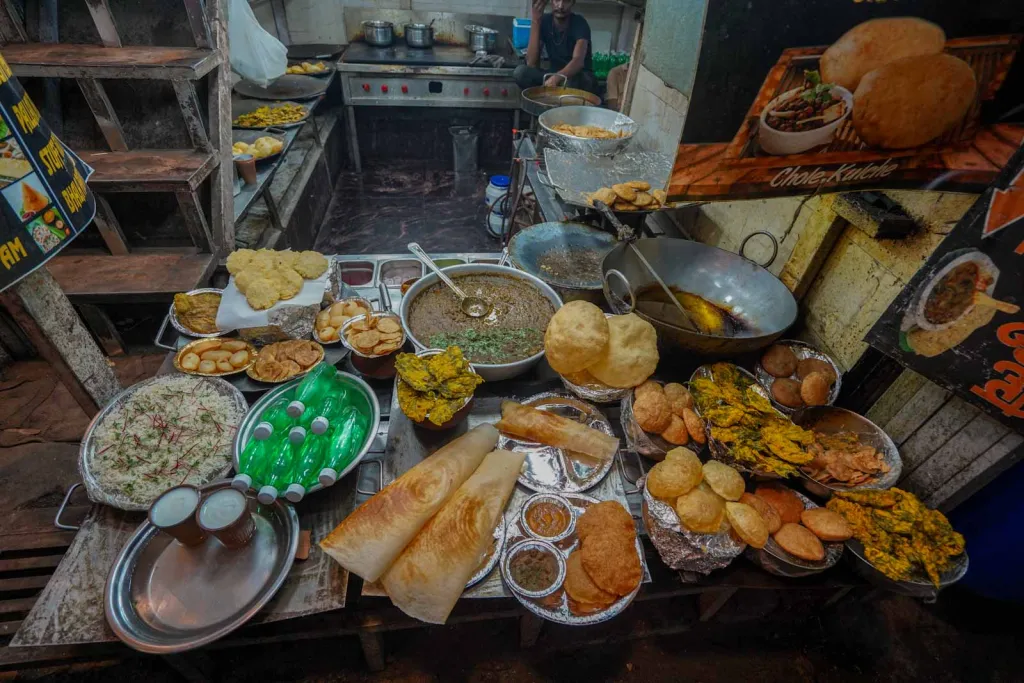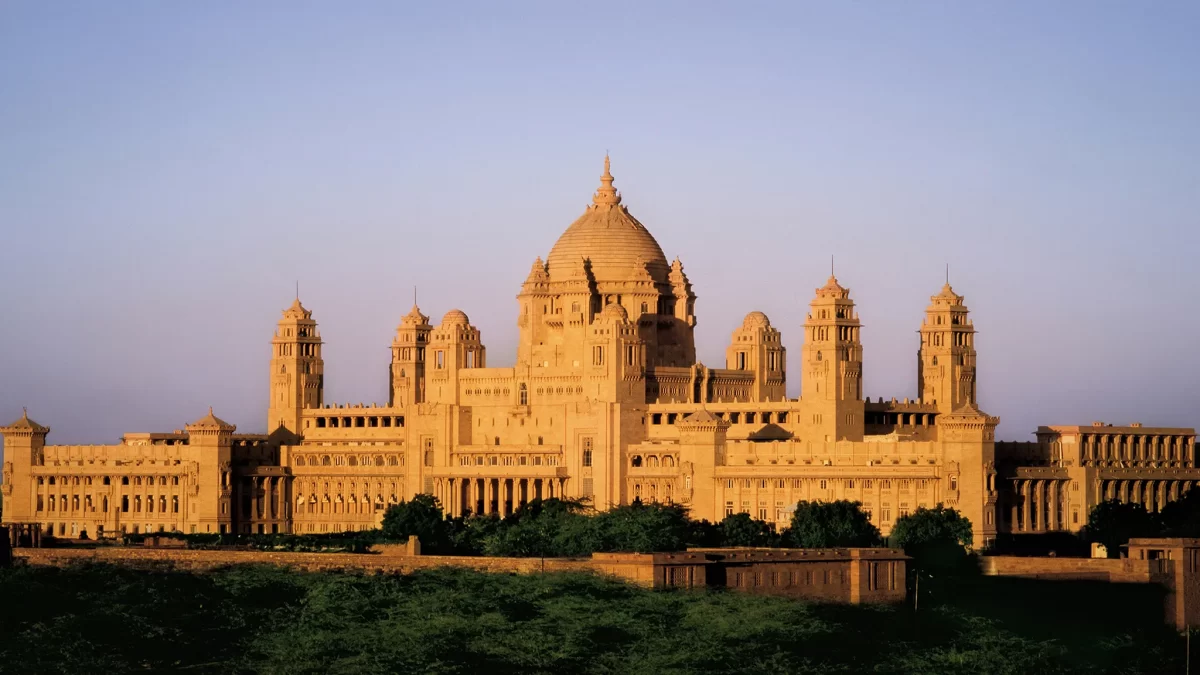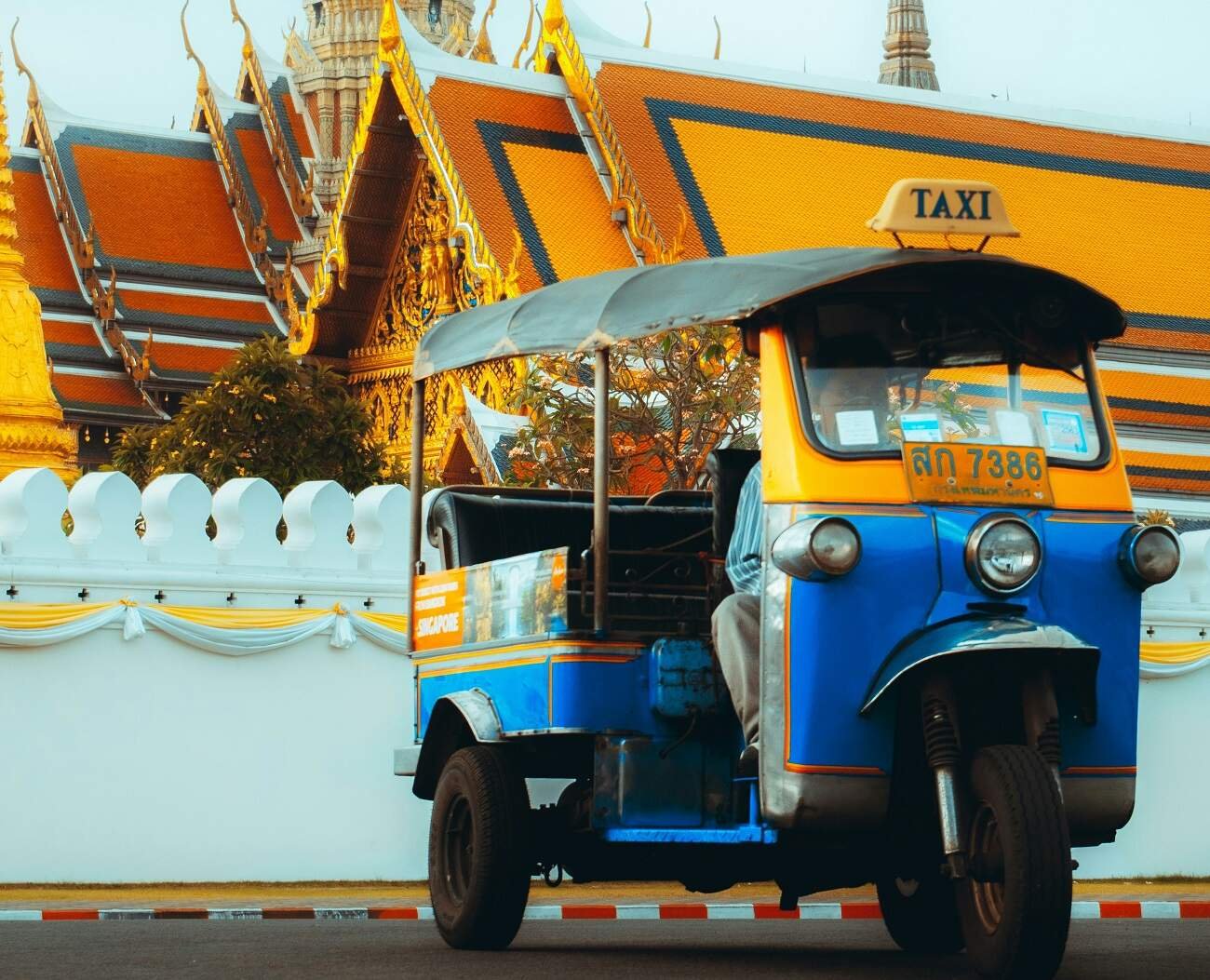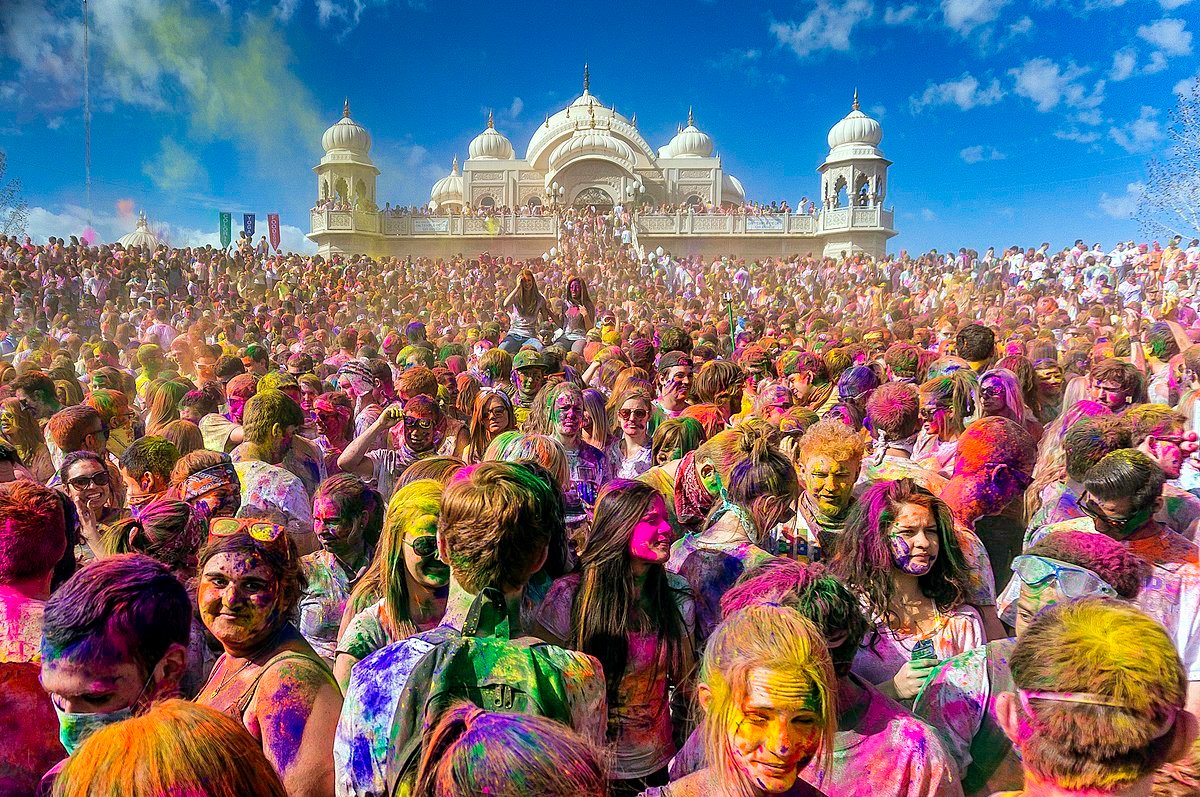Religions in India: What Every Traveler Should Know
India is a land of spirituality. It’s home to some of the world’s oldest and most diverse religions. In this blog on religions in India: what every traveler should know, we’ll walk you through the basics to help you travel with awareness and respect. Planning a trip to India? Contact us at info@indiasinvitation.com and we’ll help design your ideal cultural experience.
One Country, Many Faiths
India is not defined by one religion. Hinduism, Islam, Sikhism, Buddhism, Jainism, and Christianity all coexist here. Each has its own traditions, festivals, and sacred places.
Understanding religions in India: what every traveler should know will help you better appreciate local customs and avoid cultural misunderstandings.
Hinduism
Hinduism is the majority religion in India. More than 75% of the population practices it. Hinduism has no single founder or scripture. It’s based on karma, reincarnation, and spiritual liberation (moksha).
Key Hindu destinations:
- Varanasi, on the sacred Ganges River
- Rishikesh and Haridwar, near the Himalayas
- Temples like Khajuraho, Madurai, and Konark
Remove your shoes before entering a temple. Ask before taking photos. Show quiet respect during rituals.
Islam
India has the third-largest Muslim population in the world. You’ll hear the call to prayer and see beautiful mosques in many cities.
Important Islamic sites:
- Jama Masjid in Delhi
- Mecca Masjid in Hyderabad
- Ajmer Sharif Dargah in Rajasthan
During Ramadan, avoid eating in public in heavily Muslim areas out of respect.
Sikhism
Sikhism was born in Punjab in the 15th century. It teaches equality, community, and service. Its most sacred site is the Golden Temple in Amritsar.
The temple offers free meals to thousands daily, regardless of religion or background.
If you visit a gurdwara (Sikh temple), cover your head and remove your shoes.
Buddhism
Although Buddhism started in India, it is now a minority religion here. Still, India holds many important Buddhist sites.
Must-visit Buddhist destinations:
- Bodh Gaya, where Buddha reached enlightenment
- Sarnath, where he gave his first sermon
- Dharamshala, home of the Dalai Lama
These places are peaceful and ideal for quiet reflection, even if you’re not a Buddhist.

Jainism
Jainism is one of India’s oldest religions. It teaches non-violence to all living beings. Many Jains follow strict vegetarian diets and avoid harming even insects.
Notable Jain temples:
- Mount Abu in Rajasthan
- Palitana in Gujarat
- Shravanabelagola in Karnataka
The architecture of Jain temples is extraordinary and well worth a visit.
Christianity
Christianity is a minority religion in India, but present in states like Kerala, Goa, and Nagaland. You’ll find colonial churches and Christian festivals celebrated with devotion.
Cultural Tips for Travelers
- Always remove your shoes before entering religious sites
- Cover shoulders and legs in temples or mosques
- Ask permission before taking photos during worship
- Don’t touch sacred items or statues
- Learn local customs: each religion has its own rules
- Religions in India: What Every Traveler Should Know Before Visiting
You don’t need to be religious to enjoy India’s spiritual depth. Just be curious and respectful. You’ll witness sunrise rituals, evening chants, and sacred ceremonies.
At India’s Invitation, we’ve been helping travelers discover India’s spiritual richness for over 12 years. If this guide on religions in India: what every traveler should know inspired you, we’re here to bring it to life for you.

